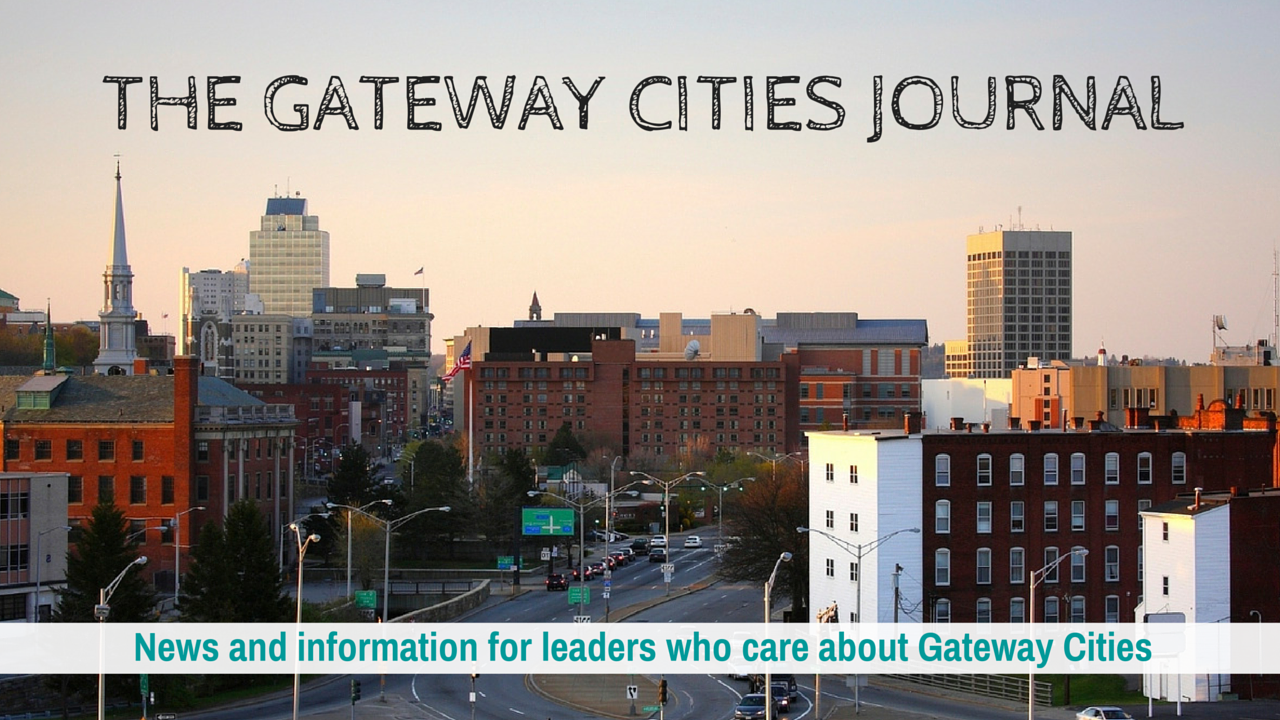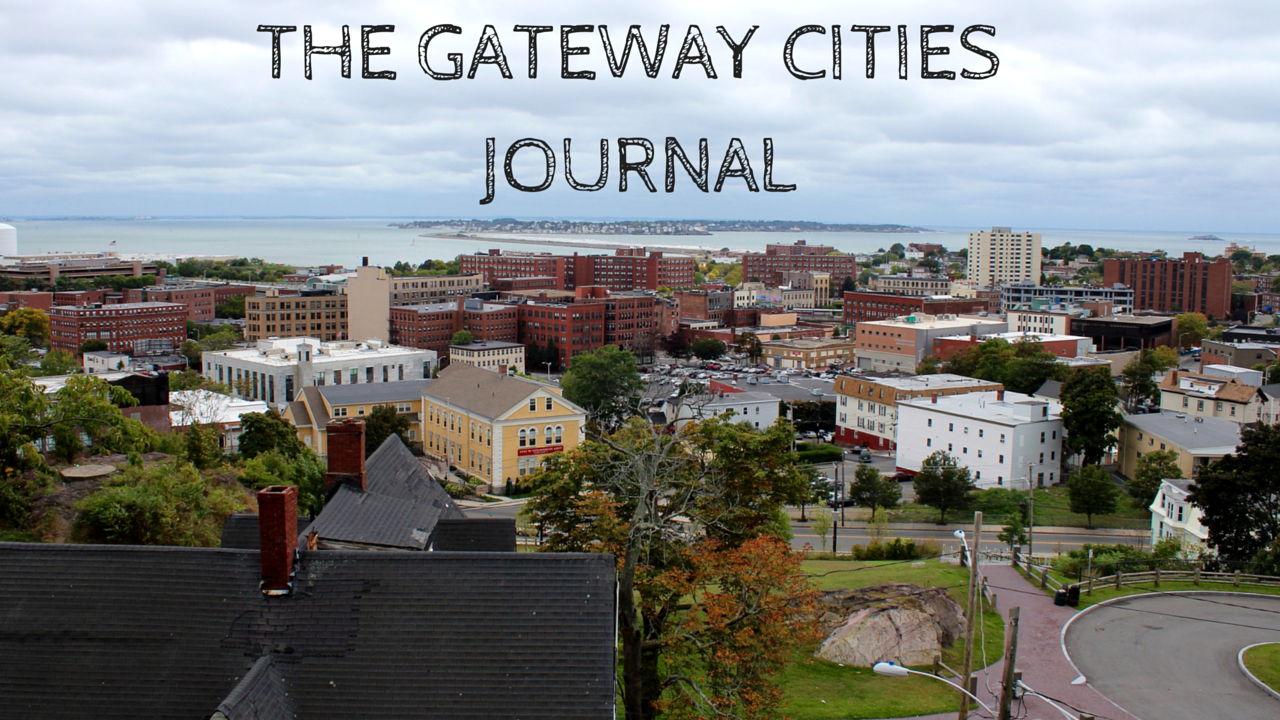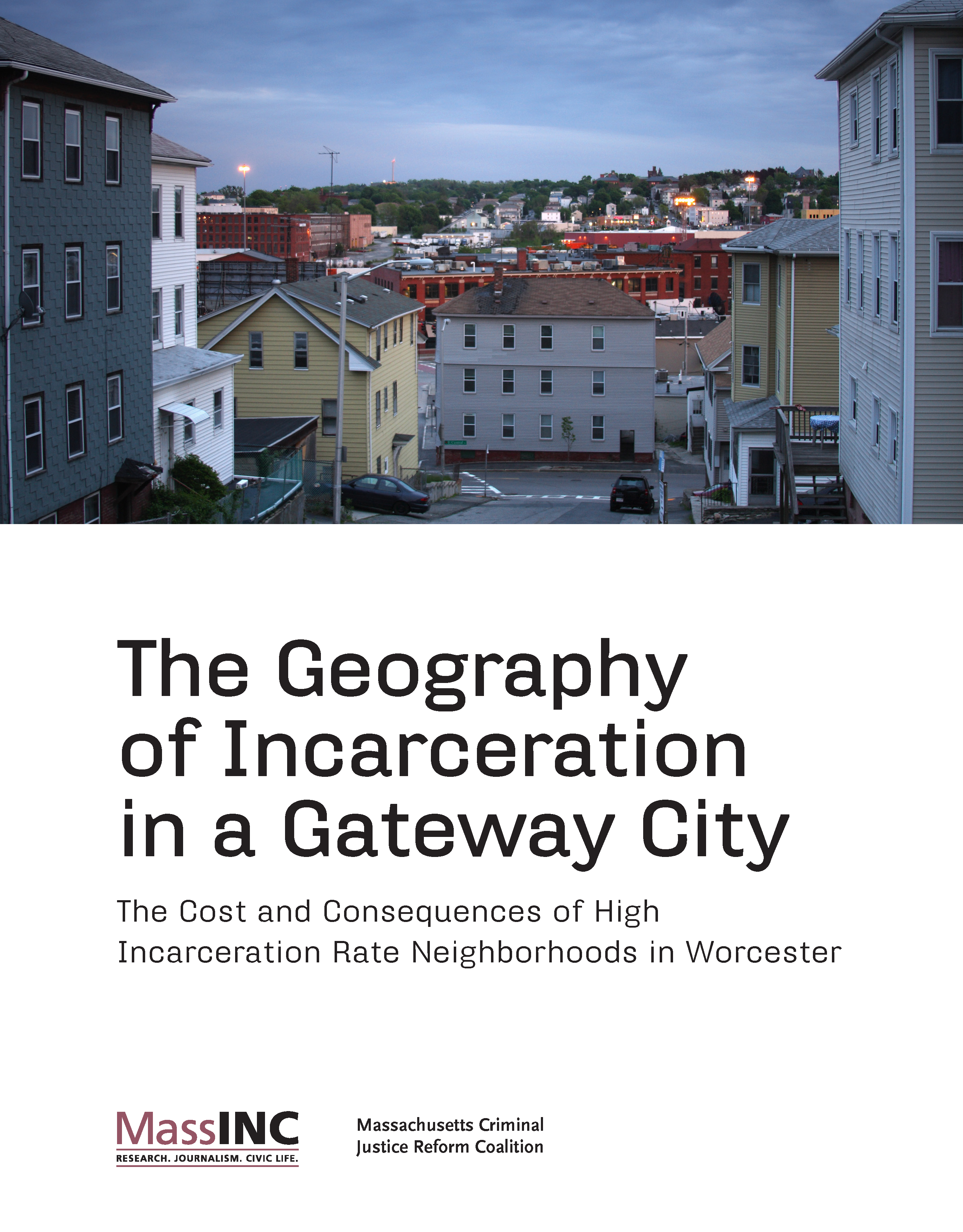
Watching Gateway City leaders over the years, I’ve come to admire their work ethic. Whether it’s putting together complex redevelopment projects, fighting for school improvement, or closing holes in municipal budgets, they have a penchant for stepping up and solving difficult problems. As our latest research report shows, corrections reform is yet another issue calling out for our Gateway leadership.
Mapping the Worcester County Sheriff’s intake data, we found that on some Worcester streets, admissions to correctional facilities come from home after home. Within the span of a single year, a single neighborhood saw 350 admissions to the county’s correctional facilities. Another neighborhood lost one out of every 10 young men to incarceration between 2009 and 2015.
How much public safety benefit residents of these neighborhoods are getting from these incarcerations is questionable. Most Worcester residents serving time in county correctional facilities suffer from addiction and mental illness. Treating these conditions in correctional settings is more costly and less effective. And the state doesn’t not receive reimbursement for care provided in correctional facilities because incarcerated individuals typically lose their insurance coverage.
A close look at how much this is costing highlights the need for a change in course. The state spends approximately $25 million a year incarcerating residents from Worcester neighborhoods; double state spending on Quinsigamond Community College. The $3.6 million spent incarcerating residents of Worcester’s Main South neighborhood is twice the city’s entire economic development budget.
Crime is relatively low and social and economic conditions in Worcester are far better than most cities with a strong industrial legacy. If incarceration is occurring at this level in Worcester, it is likely at least as problematic in other Gateway Cities.
Gateway City leaders appreciate how their communities have been hammered by the loss of manufacturing jobs and the movement of middle class families out to the suburbs. But they must also recognize the extent to which tough-on-crime policies adopted around the same time have hit urban communities with equally brutal force. Unlike manufacturing change and suburbanization, failed tough-on-crime policies are entirely of our own making. With legislators on Beacon Hill debating changes to the criminal justice system this fall, Gateway City leaders have an opportunity to push for changes that will fix a costly problem disproportionately effecting their residents
–Ben Forman
Read the latest news
Report: High incarceration rates raise crime in Worcester neighborhoods
“You would think that locking people up who are creating disorder is always beneficial, but if you’re putting a lot of people away for nonviolent offenses, it reduces the stigma attached to going to prison and makes it less of a deterrent,” Ben Forman, research director at MassINC, said in announcing the results of the Sept. 25 report.
Titled “The Geography of Incarceration in a Gateway City,” the 18-page report confirms what many would suspect: The bulk of people placed behind bars live in rougher neighborhoods. But by presenting the data alongside other neighborhood measures – voting records and school discipline, chiefly – it suggests that poor neighborhoods may be caught in a cycle of crime driven, as opposed to relieved by, incarceration of law-breakers.
“For ages, what we’ve been doing is incarcerating people with addiction,” Dr. Matilde Castiel, Worcester commissioner of health and human services, said Friday. “It’s a vicious cycle that needs to end.” Read more…
Editorial: Cost of tough-on-crime policies do not add up
Budgets, we’re told by politicians and policy-makers, reflect ![]() the priorities and values of the community.
the priorities and values of the community.
Want children educated? Fund education. Safe streets? Fund public safety. And so on.
But lost in the discussion over our priorities and values is a question central to the efficacy of our government: Is money being spent in a way that achieves the desired results?
It is in this light that we take note of a new study, “The Geography of Incarceration in a Gateway City,” prepared by MassINC and the Massachusetts Criminal Justice Reform Coalition. Read more…
Op-Ed: Cost of tough-on-crime policies do not add up 
Fear often trumps levelheaded reasoning when it comes to criminal justice policy in Massachusetts. With audience-hungry news broadcasts constantly fanning the flames, counterproductive laws have accumulated like weeds on a long neglected lot. This has repercussions for everyone, but the pain is especially sharp in Gateway Cities. If these communities are going to provide solid pathways to the American dream in a challenging economy, we must confront this reality.
A new report from the nonpartisan think-tank MassINC demonstrates the extent to which the overuse of incarceration hurts Gateway Cities by mapping the Worcester County Sheriff’s intake data: On some Worcester streets, admissions to correctional facilities come from home after home; a downtown Worcester neighborhood lost one out of every 10 young men to incarceration between 2009 and 2015; within the span of a single year, another neighborhood saw 350 admissions to the county’s correctional facilities. Read more…
Transportation
Our TTOD project blogs about shuttle services connecting Gateway City rail riders to suburban job centers.
With support from the Chamber, Worcester becomes one of the first US cities to get dockless bike sharing. Governing explores the new trend.
Worcester Mayor Petty joins a chorus of Massachusetts mayors calling upon the state to convert to electric buses.
MassDOT forms a working group to study the feasibility of weekend passenger rail service between Pittsfield and New York City.
Richard Florida writes about the heterogeneous future of urban mobility. Todd Litman pushes 10 shared mobility principles for livable cities.
Aaron Renn says Columbus is getting it right when it comes to marketing transportation innovation.
Housing and Economic Development
MassDevelopment announces a round 2 for the Transformative Development Initiative.
The last mill to undergo renovation in downtown Haverhill receives $17 million in state funds to build affordable housing.
Leaders in Fitchburg gather to cut the ribbon on a 112-year-old mill converted to affordable housing.
The Worcester Housing Authority’s “A Better Life” housing program receives $389,000 in state planning grants. The program will expand to Chelsea, New Bedford, and Taunton.
The Port of New Bedford creates an official partnership with a global marine research incubator, a big opportunity for “blue tech” economic development.
The Pittsfield City Council allocates $1 million to the construction of the Berkshire Innovation Center.
Elected officials in Springfield officially support a bid for Amazon’s headquarters.
Smart Growth America selects Fitchburg as one of six US cities to qualify for a workshop on sustainable urban economic growth.
Education
Governor Baker joins students in Lawrence to celebrate the new early college program, a major step forward for a signature component of the Gateway Cities education vision.
Revere Superintendent Diane Kelley describes why the Massachusetts Consortium for Innovative Education Assessment offers a powerful new model in VUE.
Lowell holds the first of a series of community circles to engage citizens in the future of the public schools.
Brockton and Fitchburg, join the exSEL project, an effort to improve social-emotional learning.
Holyoke gears up for an influx of Puerto Rican students following Hurricane Maria.
UMass-Lowell’s downtown Haverhill satellite campus opens for business.
Fitchburg Public Schools see an increase in enrollment, part of a multi-year trend. Worcester public school’s student enrollment stabilizes after a decline during the 2015-2016 school year and a sharp uptick last year.
A Salem News editorial praises the By All Means program in Salem, which works with City Connects and enlists community organizations to deliver support for students so they can be successful in school.
MAPLE issues a report on the landscape of personalized learning in Massachusetts.
Creative Placemaking
Fitchburg‘s Greek Festival draws hundreds of attendees to Main Street for food and celebration. Downtown getsa new art gallery with a helping hand from city officials.
TDI Better Block is a smashing success in Pittsfield.
A Dominican artist is excited to add to the other 14 POW!WOW! murals created in Worcester over the summer.
Governance
In Lawrence, the same two candidates who faced each other in the last election for mayor will do so again. Mayor Daniel Rivera came in first in the preliminary with 4,850 votes and former mayor William Lantigua came in second with 3,730.
Lowell City Council election candidates who support a new downtown high school strongly outpoll candidates in opposition, signaling support from the community on the issue.
In Holyoke, incumbent Mayor Alex Morse and former city councilor Jay Ferreira head to the final.
Six candidates square off for the Fitchburg Senate seat previously held by Jennifer Flanagan.

